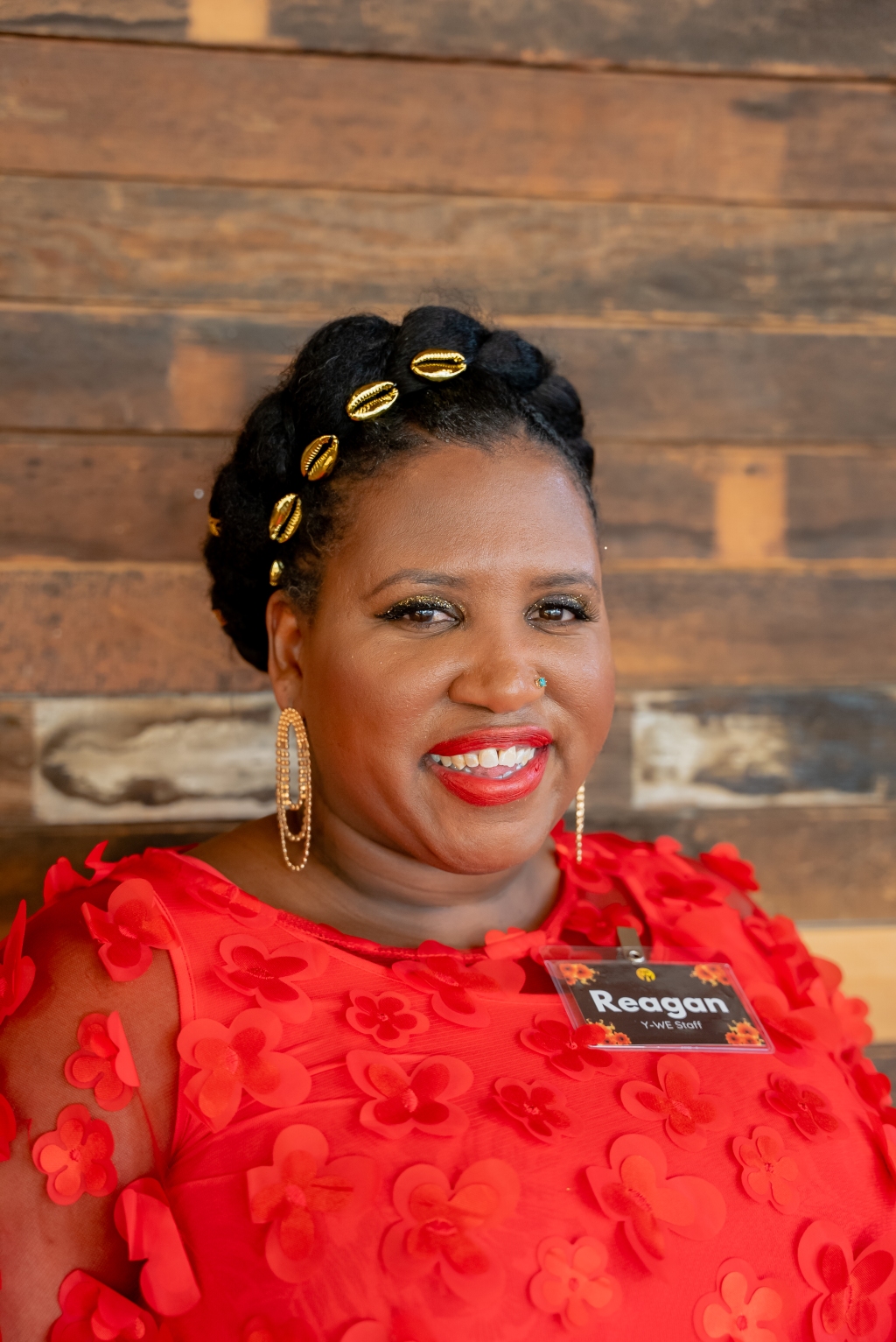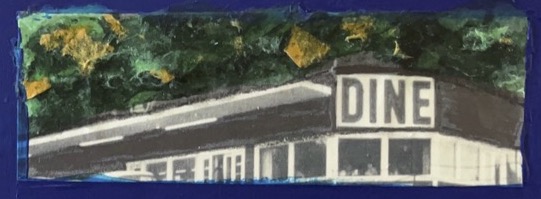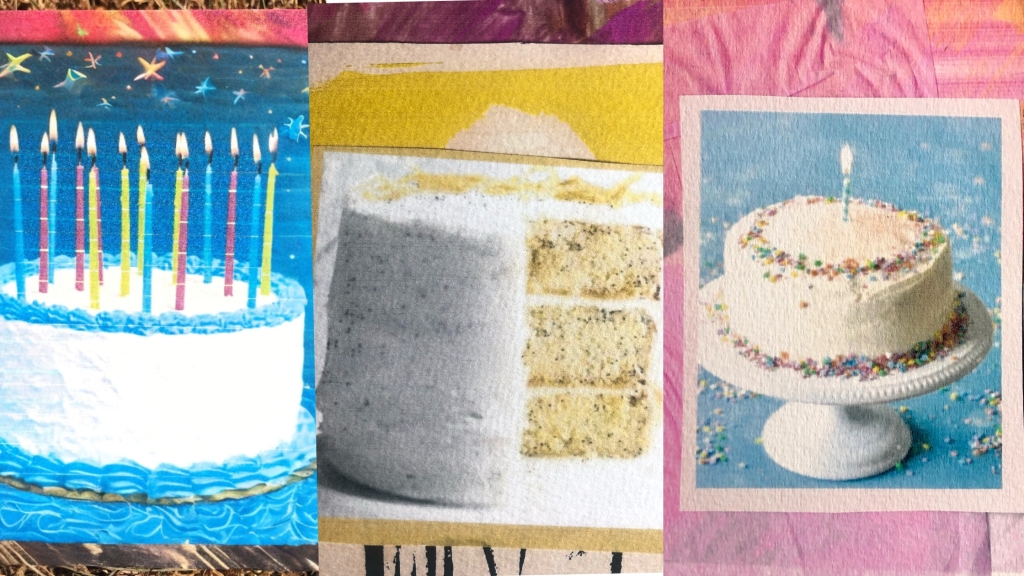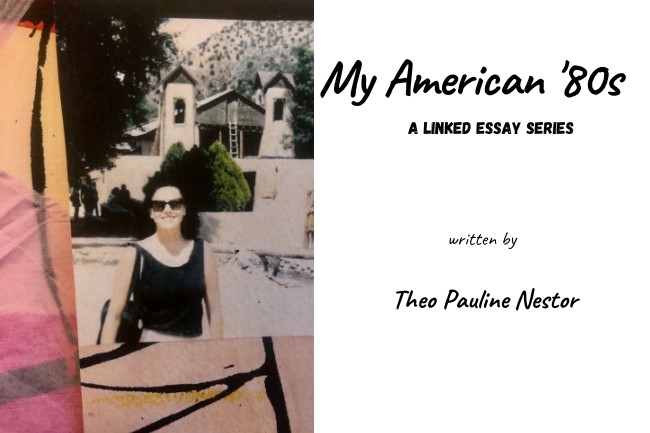
Hi Readers,
I’m really happy to be sharing Candace Walsh’s post about her down and out in New York City days as an emerging writer. I met Candace when she was editing the anthology Ask Me About My Divorce and since then we’ve inspired each other in a dozen different ways. I respect her versatility as a writer. She’s written a page-turning memoir (Licking the Spoon) as well as edited and contributed to her own anthologies (Ask Me About My Divorce and Dear John, I Love Jane) and published countless other essays and blog posts. Candace is also a great teacher who is as passionate about the work of her students as she is about her own.

Candace offers a great example to her students of how to follow your instincts and bring your ideas into fruition, which is why I’m so thrilled that she is on the faculty of both Black Mesa Writers’ Intensive next week in Santa Fe and Bird by Bird & Beyond with Anne Lamott in Petaluma, CA in January. Interested in joining us in California? Use the promotional code candace when you register for Bird by Bird & Beyond before November 30th at Midnight and you’ll get 40 dollars off the early bird ticket price.
More soon!
Theo
Finding My Way
by Candace Walsh
Living in New York City in the mid-nineties was probably the most painful and perhaps also the most productive place for me to start to become a writer. I was surrounded by people writing in journals—in coffee shops, in bars, in the park. I felt self-conscious and poseur-ish when I did the same. I had very little to write about, besides my crappy childhood.
I didn’t yet know that if you can write well, you don’t need a riveting, action-packed storyline. Writing well is like playing music well. Your audience is with you, enjoying each note, not wanting that note or word to be the last they hear.
My deepest love, at the time, was poetry. I loved writing it, I loved reading it: quiet, private poems by Elizabeth Bishop, Eileen Myles, Robert Creeley, e.e. cummings, Anne Sexton (I clearly had a thing for poets with lots of e’s in their names). My apartment was just a few blocks from the Nuyorican Poets Café, and I brought a poem there, about an unrequited love that was still tender. I signed up for the Slam, and sat waiting for my turn. I didn’t have a singsongy, embodied delivery, and I definitely didn’t stand up there and do breathy, soft porn undulations like the other women who scored well that night. But afterwards a woman named Anne Elliott, who’d read an amazingly brilliant poem that night, made a point of saying something nice about it to me.
That didn’t mean that I ever went back. I didn’t. There were other discouragements. I started dating this guy, and for the first time, had a domestic relationship where we went to his parent’s or sister’s every weekend. He hung around with St. Marks’ poets in a sycophantic way. He had a friend who, when I said I was a writer, challenged me to recite something that I had written, on the spot, from memory. When I couldn’t, he cackled at me. “Some writer.” My boyfriend mocked me for having a corporate job…while he ate my food and watched my TV, sprung from his parents’ basement. “You don’t even know who the fuck you are,” he said. I was 21. Who does? But they seared into me, those words, both catalyzing and immobilizing me, a foot on the brakes, a foot on the gas. So much energy, but no specific destination in sight.
Thanks to the boyfriend’s sister, though, I got a job at a magazine. I was the office manager, but there were opportunities to write. One editor was receptive, a sweet, soft-spoken guy. The other was smirky, a hot shot with a no-window, precariously messy office and a scratched, faded, red leather Filofax that seemed to be the external beating heart of his career (this was pre-iPhone). I worked with the sweet guy; he gave me my first assignment, which was so tiny that it had a word count of 25. And when I went to Boston to visit a friend, I bought a red leather Filofax when I saw it on sale. It was like a talisman, and I used it for years, filling in addresses, taking notes, saving business cards, and feeling more and more like a writer.
The Filofax didn’t make me a writer, though, nor did the first few published articles in real outlets, like Newsday and Details and Mademoiselle. One part of it was the knowing that had accompanied me since middle school: the desire, the potential.
The other part was the Sitzfleisch, a German word that means the ability to sit still and endure, to face the page, keep writing, push past fear, to write 300 more words when you’re feeling like the brightest, shiniest sentences of the day have already been written. It’s about determination and commitment, it’s not glamorous, and there are no shortcuts. Sure, there are shortcuts to success: luck, because when lots of people play the lottery, one of them always does win. But that terror of not becoming what I was meant to be in life: that did go away, and all of the time I spent with my hands tapping out sentences on various keyboards was worth it.







Leave a Reply